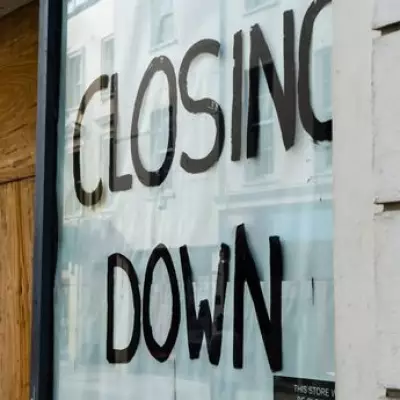
A travel expert has identified seven millennial travel trends that continue to perplex older generations who grew up with completely different holiday approaches.
Jordan Cooper, a contributor at VegOut magazine, recently discussed her own father's bewilderment about how younger people plan, book and experience travel. She explained how new technology, flexible working cultures and shifting priorities have transformed global tourism.
The Digital Travel Revolution
During a recent phone call, Cooper's generational travel divide became starkly apparent when discussing her accommodation plans. Her father expressed disbelief when learning she had booked an Airbnb in Lisbon, questioning: "You're staying in someone's apartment? A stranger's apartment? And you found this on the internet?"
This contrasts sharply with her father's preference for the "same Holiday Inn chain" he's trusted for three decades, while millennials confidently book unfamiliar accommodation based on reviews and photos.
Key Generational Travel Differences
Booking through apps rather than established chains represents a fundamental shift in accommodation approach. While baby boomers typically rely on familiar hotel brands, younger travellers comfortably book spare rooms, treehouses and unique properties through platforms they might be using for the first time.
This change reflects broader trust in crowdsourced reviews and online community ratings rather than institutional reputations and brand names that older generations prefer.
Planning approaches also differ significantly. Boomer travellers often arrive with detailed printed itineraries and scheduled activities, whereas millennials might land in a new country with only their first night's accommodation booked.
Cooper explains this spontaneity leads to unexpected opportunities and connections that rigid planning cannot offer.
Work and Travel Integration
The rise of remote work has blurred traditional boundaries between holidays and employment, enabling extended travel unimaginable to previous generations.
Millennials now commonly work abroad by bringing laptops and logging on from thousands of miles away, confusing boomers accustomed to completely disconnecting from work during vacations.
Cooper recalled her father questioning why she was answering emails on a Mexican beach, asking: "Isn't the point of vacation to NOT work?" She noted that in his world, vacations meant two completely disconnected weeks away from the office.
While this work-travel blend can prevent being fully present abroad, it makes long-term travel accessible in ways previous generations never experienced.
Cultural Experiences Over Traditional Tourism
Street food represents another generational divide. While older travellers often worry about food safety from unfamiliar vendors, millennials view street stalls as essential cultural experiences.
Cooper emphasises that younger travellers still research reviews and observe vendor hygiene before eating from potentially questionable sources. Those who dismiss all street food might miss extraordinary culinary experiences and authentic local flavours.
Social media's influence is undeniable, with millennials more likely to photograph colourful streets, scenic cafés and beautifully presented meals - not just for memories but for online storytelling.
Though older travellers sometimes view this as unnecessary, Cooper argues digital sharing has become a modern form of travel documentation, replacing physical photo albums with easily accessible online galleries.
Spending priorities have shifted too, with millennials investing more in experiences like hiking tours and cooking classes rather than physical souvenirs.
Boomers traditionally bring back fridge magnets and shot glasses as physical proof of their travels, while younger travellers - who move homes more frequently - prefer memories over objects that complicate relocations.
Perhaps the most confusing shift for boomer parents is travel as a tool for self-discovery. Millennials often take solo trips for reflection and perspective gain.
Cooper recalled her father questioning her trip to India, joking: "You're going to India to find yourself? You know where you are - you're right here."
For younger generations, travel represents not just leisure but emotional and personal development - a concept that continues to divide generations in their approach to exploring the world.





